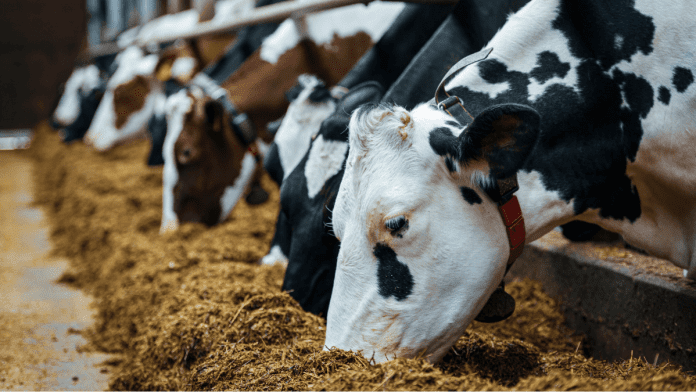News in Brief:
EU Commission proposes incentives to reduce reliance on protein imports for animal feed by diversifying protein sources and increasing support for domestic production.
Protein scarcity in animal feed, especially for pigs and poultry, is a global challenge for European farmers. A report claims that only 29% of the continent’s protein requirement is sourced domestically, with the rest imported, mainly from the Americas, Africa, and Asia. This heavy reliance on imports poses risks to food security and economic stability.
The Commission’s proposed strategy emphasises diversification, urging for a mix of tailored approaches to suit different agricultural sectors and regions. Key recommendations include incentivising the production of protein-rich crops like soya, sunflower, rapeseed, and legumes within the EU. These crops can serve as alternatives to imported soya, reducing reliance on third countries.
To encourage domestic production, the strategy proposes increasing support for protein crops through coupled aid within the Common Agricultural Policy (CAP). Coupled aid provides targeted subsidies linked to specific productions, offering farmers incentives to grow protein-rich crops. Additionally, expanding harvest insurances and promoting the use of alternative protein sources like algae and insects are suggested.
Moreover, the strategy advocates for strategic infrastructure development to facilitate the transportation of protein sources from production zones to consumption areas. This move aims to level the playing field between imported and domestic products, reducing the competitive advantage of imported sources.
Furthermore, fostering partnerships with neighboring countries, like Ukraine, can help diversify protein sources and mitigate the risks associated with international transport disruptions. However, achieving self-sufficiency in protein production will require long-term commitment and coordinated efforts at the EU, national, and regional levels.
For African farmers, these insights are invaluable. By prioritising diversification, investing in local production, and strengthening regional partnerships, African agricultural sectors can enhance food security, reduce dependency on imports, and promote economic resilience. Additionally, adopting sustainable practices, such as incorporating insects and algae into livestock feed, aligns with Africa’s goals for environmentally friendly agriculture.



